Posted On: February 11, 2021 by Community HealthCare System in: Catch Up On Care

We’ve all been worried about our health as we put on our masks to run errands, sanitize our hands, and avoid gatherings, but we probably haven’t been thinking about our hearts very often. Our hearts beat 2.5 billion times over the average lifetime and push millions of gallons of blood to every part of the body, so we need to care for these life‐giving organs. If you need to take time to catch up on caring for your heart, CHCS is here to help.
Diet and exercise both play key roles in heart health, and simple steps and small improvements can help. Be sure to talk to your provider about keeping your heart healthy at your next wellness visit. Meanwhile, here are some things you can do now:
- Start exercising! A good starting point is to aim for at least 2 hours and 30 minutes of moderate activity or 75 minutes of vigorous activity each week. This sounds like a lot, but it’s just a little more than 20 minutes per day, or 30 minutes five days a week. You can do it!
- If you already exercise, try to increase the amount and intensity of your physical activity. Aim to burn up at least as many calories as you take in. Find a calorie calculator.
- Include in your diet a variety of fruits and vegetables without added sauces, sugars, and salt. Try something new!
- Choose low‐fat dairy products to help reduce calorie and fat intake, and choose leaner cuts of pork or beef and skinless poultry and fish.
- Aim to eat more whole grains instead of refined grains. Whole grains include brown rice, oatmeal, popcorn, barley, and 100% whole‐wheat breads, pastas, and crackers.
- Cut back on beverages and foods with added sugars, such as lemonade, sports drinks, and soda. Many sparkling waters and other sugar‐free drinks are good choices to try.
Find more tips from the American Heart Association.
What if you’ve already had heart problems?
Heart problems are scary, but CHCS can help. If you or a loved one have experienced a recent heart attack, heart or valve surgery, or a heart catheterization, or have chronic congestive heart failure, our Cardiac Rehab program can provide exercise and education to help you make lifestyle adjustments and improve heart health. Our ultimate goal is always to help our participants feel better and be more active—we want to help you live life to its fullest!
We offer both Phase 2 and Phase 3 Cardiac Rehab in our Onaga hospital, and Phase 3 is also available at our Frankfort Rehab and Fitness Center. (Phase 1 is the time heart patients spend in the hospital.) Phase 2 lasts six to 12 weeks and includes up to an hour-long session three days a week. Participants exercise and work through education topics such as medications, high blood pressure management, and nutrition with our Cardiac Rehab experts.
Phase 3 is the transition from being fully supervised to independent, and the program lasts four months. We will help you prepare to exercise on your own and track your heart rate, blood pressure, and blood sugars before and after exercise, as well as target heart rate ranges, and more.
We’ll help you assess your progress and stay on track, and we’ll help you talk to your doctor if you have problems or need to adjust medications. Because the program is supervised, help is always just a few steps away.
Phase 3 Cardiac Rehab is available for anyone who has participated in a program in the past and who needs to re‐establish the right habits. Everyone needs added motivation now and then,and CHCS is here to help. Read more about Cardiac Rehab.
Take the time to take care of your heart. Talk to your provider about catching up on your cardiac care, or call 785-889-4272 ext. 4177 to learn more about Cardiac Rehab.
Coming soon: SET for PAD
In early Spring, we’ll be offering a new program for people with Peripheral Artery Disease, or PAD. The program is called Supervised Exercise Therapy, or SET for PAD. The program helps those with insufficiency in their veins, which causes pain, heaviness, or cramping and curtails mobility. SET for PAD is highly individualized and helps participants increase the distance they can walk before pain starts. Increased cardiovascular activity through exercise increases blood flow and helps participants feel better. Like Cardiac Rehab, this program will help participants regain quality of life.
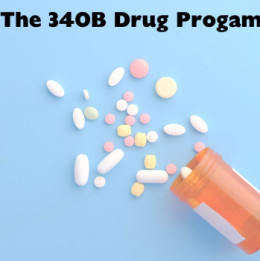
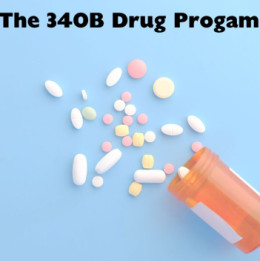
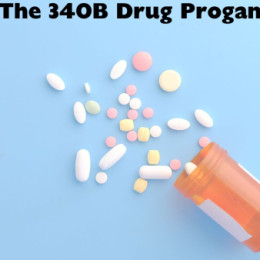
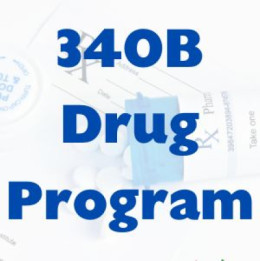

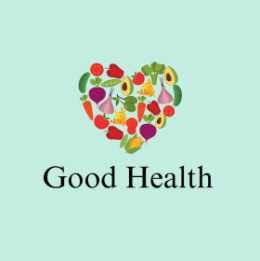




0 comments